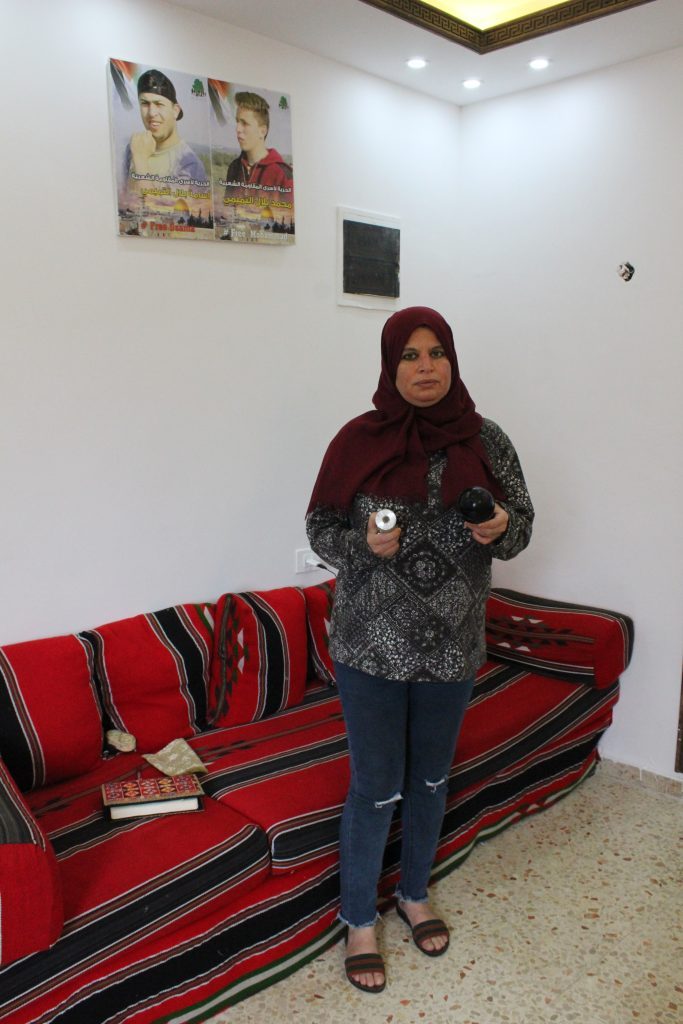
Manal Tamimi holding some of the weapons used against the villagers of Nabi Saleh
Eliza Egret, Tom Anderson & Amy Hall interview Manal Tamimi
A few weeks ago we visited Manal Tamimi in the village of Nabi Saleh, Palestine. This morning (6 June 2018), 21 year old Ezz Al Tamimi was murdered by the Israeli military – the third person from the village to be killed. He was shot with live ammunition in the neck and chest.
We asked Manal for permission to publish this interview today, on the same day that Ezz is being buried. We thought that what Manal had told us might help to explain the context of Ezz’s death. In the interview below, Manal explains the continuous violence and harassment faced by the villagers of Nabi Saleh.
Nabi Saleh, along with many other West Bank villages, has become a symbol of Palestinian grassroots resistance to the Israeli occupation. In 2009, the Popular Committee of Nabi Saleh announced that it would hold weekly demonstrations against the confiscation of village land by the nearby Israeli settlement of Halamish. The Israeli military repressed the protests with live ammunition, rubber-coated steel bullets and tear gas. Manal told us that the Popular Committee has suspended regular demonstrations because the number of people arrested, maimed and disabled in the village is too high, but still the army’s violence continues.
The army regularly enters the village to shoot live ammunition, tear gas and stun grenades. The first time that we tried to interview Manal we were forced to cancel our interview because live bullets were being fired into the street.
17 people from the village are currently in prison.
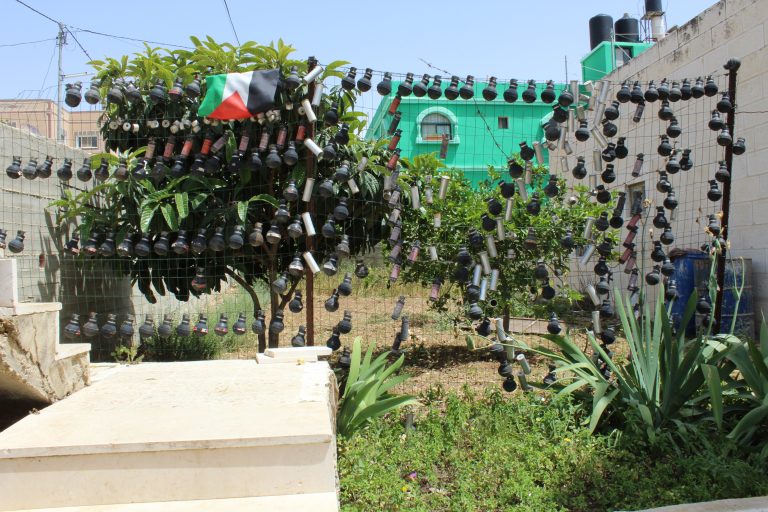
Just some of the tear gas canisters thrown by the Israeli military, all manufactured by US company Combined Systems
Manal, can you explain to us what life is like for the residents of Nabi Saleh?
The soldiers come to the village nearly every day. They are showing their power: they want us to know that they’re still following us and that they know what we’re doing.
When they come, they use mostly live ammunition and tear gas. They fire randomly into the village. They want to teach others a lesson through Nabi Saleh: If anyone wants to participate in non-violent resistance they will face the same thing as Nabi Saleh.
At night, the army comes and enters the village, shoots tear gas and leaves. We have been woken up at 2am or 3am because the army has come and shot tear gas. Recently the tear gas has become stronger…now when I smell it I get a very bad headache immediately, pain in the muscles, difficulty breathing and sleeping.
They use lots of sound bombs [stun grenades] every time they’re in the village. They also use the skunk [a cannon spraying water which contains a foul-smelling chemical]. The last time they used it was a month ago, at 3am, when they were arresting two children. Sometimes they shoot it into our houses. They try to provoke us and push us to violence all the time.
Anyone who takes the decision of resisting knows that at some point they may lose their life. Putting 17 people in prison, shooting live ammunition at us: nothing can scare us or make us stop resisting this occupation.
Three people have been killed – two from here and one from a nearby village [On 6 June this number increased when Ezz Al Tamimi was killed on 6 June by live ammunition]. Mustafa was killed by a high velocity tear gas canister which hit his eye. The soldiers kept his body bleeding on the ground until he passed away. Rushdi was killed when he was shot by a rubber bullet and then soldiers shot him at zero range [with live ammunition]. Saba was killed with a live bullet in the heart during a protest.
Are you still organising regular demonstrations in the village?
We stopped regular demonstrations in 2015, but we do them occasionally. It’s very difficult to do protests with lots of people from the village in prison, plus 15 people with injuries from live ammunition, meaning that they can’t participate and need rehabilitation. More international activists started to attend our demonstrations than Palestinians, so we decided to stop doing them regularly.
Is the Israeli military using surveillance drones in Nabi Saleh?
In the beginning they were just using drones on protest days, but now they’re using drones to watch us all the time. Two weeks ago we were sitting outside on our couches, eating our breakfast, and a drone flew over and filmed us. We laughed at them, holding our houmous and falafel up to the camera. The next day the Israeli military came to village. They had a machine on their vehicle which can launch 210 tear gas canisters. They shot the canisters at the couches, setting fire to them.
There is also a [surveillance] balloon above the Halamish settlement. When they arrest people they use videos from this balloon.
How does it feel to be under continuous surveillance?
For us it’s not important that we’re watched. We know that our phones also work like spies. They can follow us and they can know everything through our phones. But we are not doing anything illegal. We are doing everything within our rights.
The children of Nabi Saleh are targeted and put in prison…
For nearly three years they have tried to put youths from the village in prison. They try to incriminate them. But all the time we have video evidence [of what really happened]. Until now we’ve been able to get evidence [to refute the charges].
I have two sons, Osama and Mohammad, who were arrested in January and are in prison, but I can’t visit them. They haven’t been sentenced yet. According to the lawyer they will get 2-5 years. They arrested Mohammad at 2am. Osama was coming back from work at 8pm at night and they arrested him. They were supposed to call the family to say that he’d been arrested but they denied him this phone call. The next day we were searching where he was. We called the lawyer and we were told he was in Petah Tikva, the worst interrogation centre. Both my sons spent 25 days there in isolation and under interrogation. Mohammad is facing 18 charges, including throwing rocks.
We have been denied permits to visit people in prison because we are supposedly a threat to Israeli security.
Is there any message that you want to give to people outside Palestine?
I think people still don’t know a lot about what’s really going on, especially in the UK. Politicians, and even grassroots activists, sometimes say that we are adopting violence, and that we should stop this so that they can support us. What kind of violence are we adopting, with the violence of the occupation against us? They mean throwing rocks: rocks against live ammunition and everything else we are facing. If you say this, it means that you don’t believe in our resistance and want it to be your way, while you’re enjoying your freedom and we’re facing the occupation on daily basis.
We live it and we’re the ones who know. Anyone who supports us shouldn’t put conditions on us. I hope that people outside can understand the meaning of our resistance. It’s not about killing or death. We fight for life and we want to create a better life. Nobody wants to die, but if we have to die for creating a better future for our children, we will do it.
Since meeting Manal, the Tamimi family has endured further harrassment by the Israeli authorities. Last week, Hassan Tamimi was transferred to hospital in critical condition after Israeli authorities refused to give him medical treatment in prison.
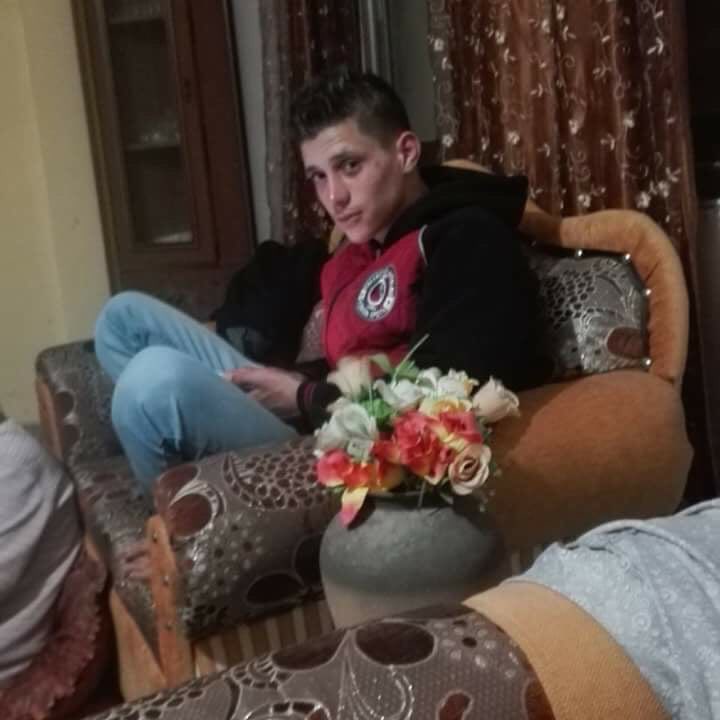
Ezz Al Tamimi, murdered today by the Israeli military. He was 21 years old.
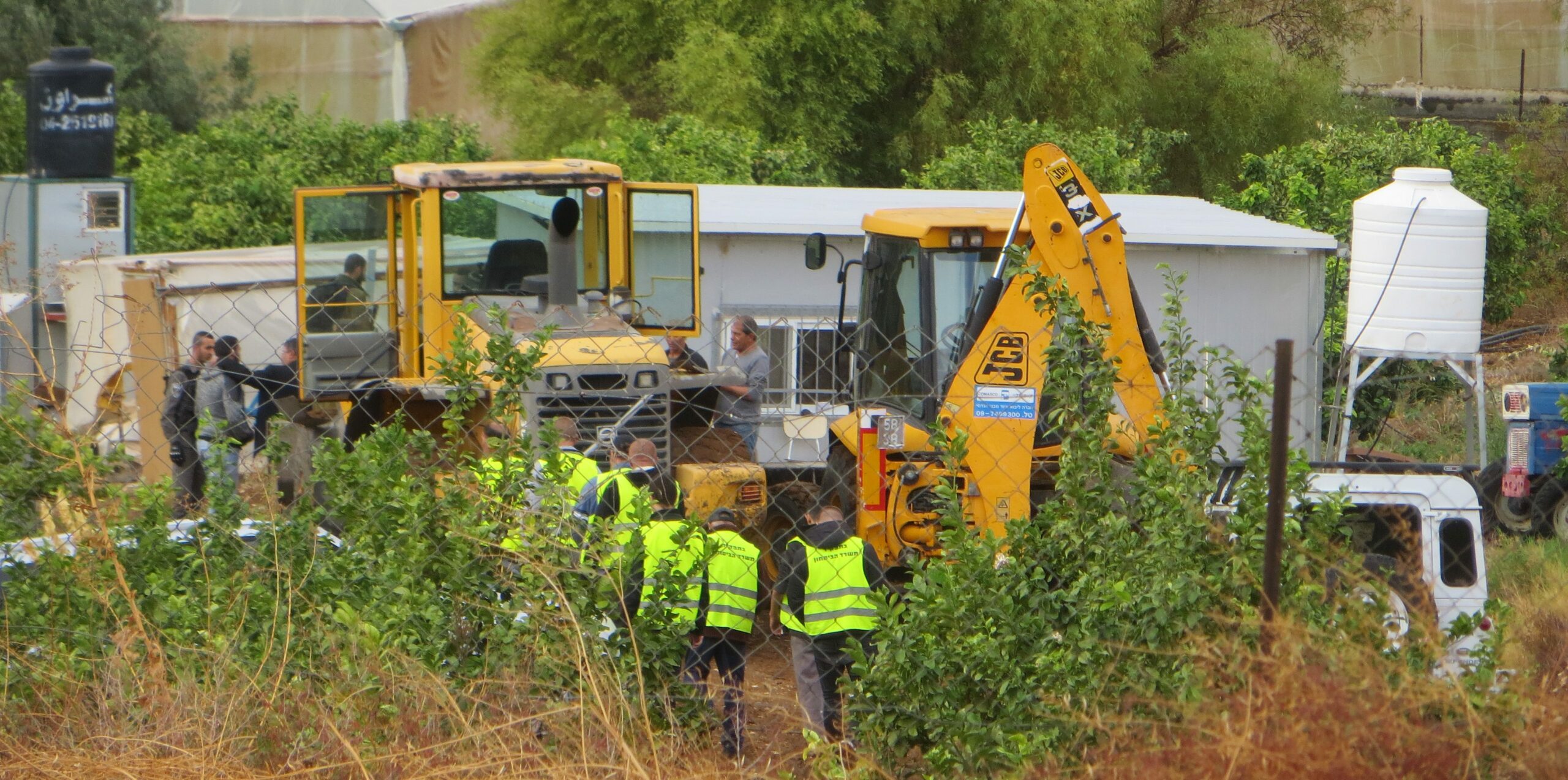

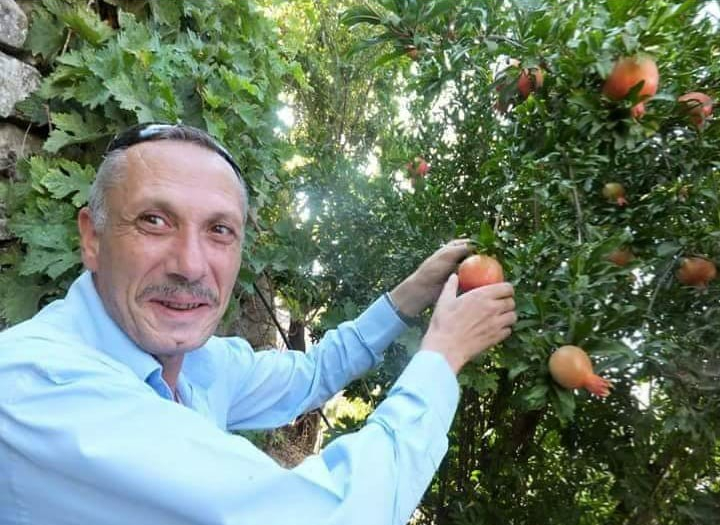
0 Comments